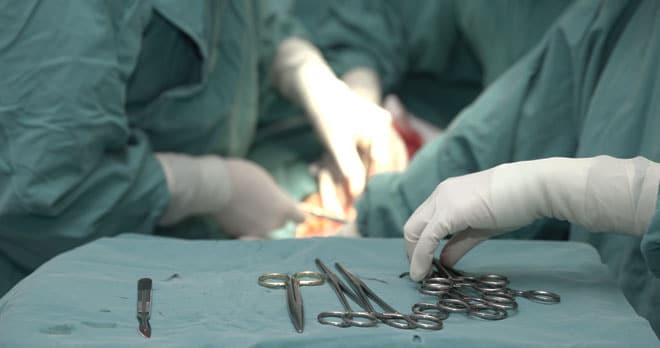Double hand transplants. When do the risks outweigh the benefits?

Hand transplants offer individuals who have suffered hand amputations a method of reconstruction that looks and functions more like a normal hand when compared to a prosthetic. It also has the added benefits of providing sensory information such as warmth and touch. Once the new hand has been transplanted, with time and the right rehabilitation, the hand will manoeuvre with strength and dexterity, and even be able to heal itself when injured.
The case of Mr King was widely covered in the global press, who following an accident involving a metal pressing machine, lost both of his hands save for his thumbs. Mr King had come to terms with the fact that he was going to have to live a life with adaptations but thanks to significant advances in medicine, he is now able to look forward to a future with two new transplanted hands.
It was only earlier this year that the NHS gave the go ahead for the hospital in Leeds to begin performing this highly-complex procedure. A single hand transplant is extremely complex in itself but a double hand transplant increases the complexities.
The team in Leeds work closely with the NHS Blood and Transplant to identify possible donors, focusing on blood group, skin tone and hand size. Once an appropriate match was found, Professor Kay led the team of eight surgeons in carrying out Mr King’s double hand transplant which took twelve hours in full. The surgeons had to carefully join Mr King’s arms to the bones of the donor hands using titanium plates and screws. Thereafter, tendons, muscles, blood vessels and nerves were connected. Mr King has already reported feeling some movement.
Despite such profound improvements, the complications and dangers of transplants are not to be overlooked. Recipients will require a lifetime course of immunosuppressant drugs to avoid the rejection of the limbs. This may also have knock on effects such as organ damage and even a reduction in life expectancy.
Nevertheless, for many the significant improvements in quality of life, makes the potential dangers a risk worth taking. Since the operation, Mr King has enjoyed being able to tie his shoelaces, drive a car, and most poignantly, carry his granddaughter.
Mr King says “It was just like the hands were made-to-measure. They absolutely fit”.
Mr King describes the result as better than a “lottery win” and “is most looking forward to holding a bottle of beer properly”.
Patients who have had a hand transplant can enjoy a better quality of life and with the right rehabilitation and physiotherapy, can return to carrying out their activities of daily living.
Withy King's medical negligence solicitors act on behalf of individuals who have suffered amputations as a result of negligence, including hands, following an accident. Mr King’s story and the huge step forward in hand transplants may provide new opportunities for those individuals.